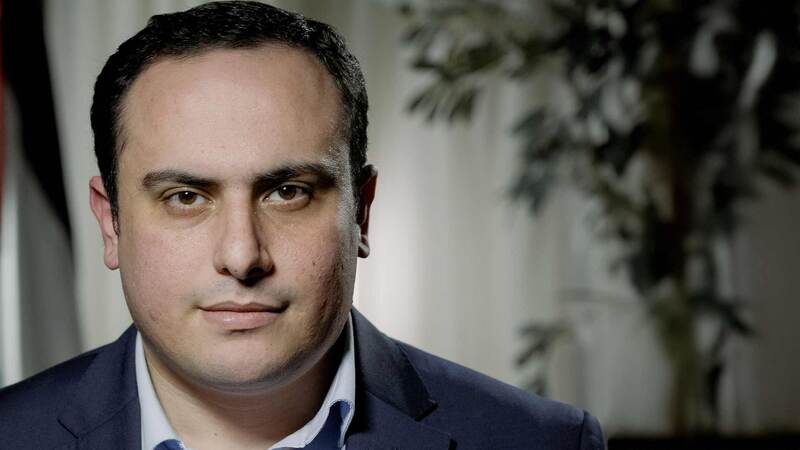You are viewing your 1 free article this month. Login to read more articles.
Court ruling secures future for Germany's Suhrkamp
A ruling by the District Court in Berlin has put an end to one of the most acrimonious power struggles in the history of German publishing and secured the future of one of the country’s best-known literary publishers - Suhrkamp.
The company can finally now go ahead with much needed reforms, initiated 18 months ago when it filed for insolvency protection under a German law that encourages a company to introduce reforms to stay afloat as a going concern.
The decision to file for insolvency protection was triggered by a dispute between the publisher’s two major shareholders and a court ruling which awarded one - Hans Barlach - a profit share in the millions. The insolvency proceedings had been ferociously contested by Barlach ever since because they will leave him with hardly any powers to influence the day-to-day running of the publisher. After the latest ruling last week, he will also be unable to lodge further legal appeals.
The way is now open for the other major shareholder Ulla Unseld-Berkewicz to get Suhrkamp ready for an IPO. In a short statement, the publisher said that preparations are already underway to get “the crucial steps” of the insolvency plan in place during the first quarter 2015. Suhrkamp’s creditors also back the insolvency proceedings, which are unique in so far as it was the dispute between the shareholders that forced the publisher into insolvency and not financial shortcomings of its publishing business - even though that has suffered considerably in the process. Sales were down 15.5% to €30.1m in 2013.
Suhrkamp has been at the centre of a bitter power struggle for some years between publisher Unseld-Berkéwicz, who owns 61% of the company through the Unseld Familienstiftung, and Barlach whose Medienholding Winterthur holds 39%. The two have been fighting over control of the publishing house for half a decade, suing and countersuing each other. The list of accusations is long, including charges of embezzlement, mismanagement and business misconduct. In March of this year Barlach’s offer to take over Unseld-Berkewicz’s shares was rejected.
Unseld-Berkéwicz, the widow of publishing legend Siegfried Unseld, took over the reins at Suhrkamp after his death in 2002. Under her leadership, Suhrkamp has had its fair share of controversy and management upheavals. Four years ago a move from Frankfurt to Berlin was highly controversial and much publicized because Unseld-Berkéwicz had consulted neither management nor staff before making the announcement.
The court ruling that further delays to the reorganization of Suhrkamp would damage the publishers’ business operations even more is music in the ears of Suhrkamp’s staff and authors. The latter staged a much-publicized protest against Hans Barlach 12 months ago, with nearly 200 authors threatening to leave the publisher, following in the footsteps of literary stalwarts like Martin Walser, the Hungarian literary Nobel Prize winner Imre Kertész, Daniel Kehlmann and Katharina Hacker.
A much needed boost for morale was the presentation of the German Book Prize to Lutz Seiler and his novel Kruso earlier this month; the book has since become a national bestseller.



















